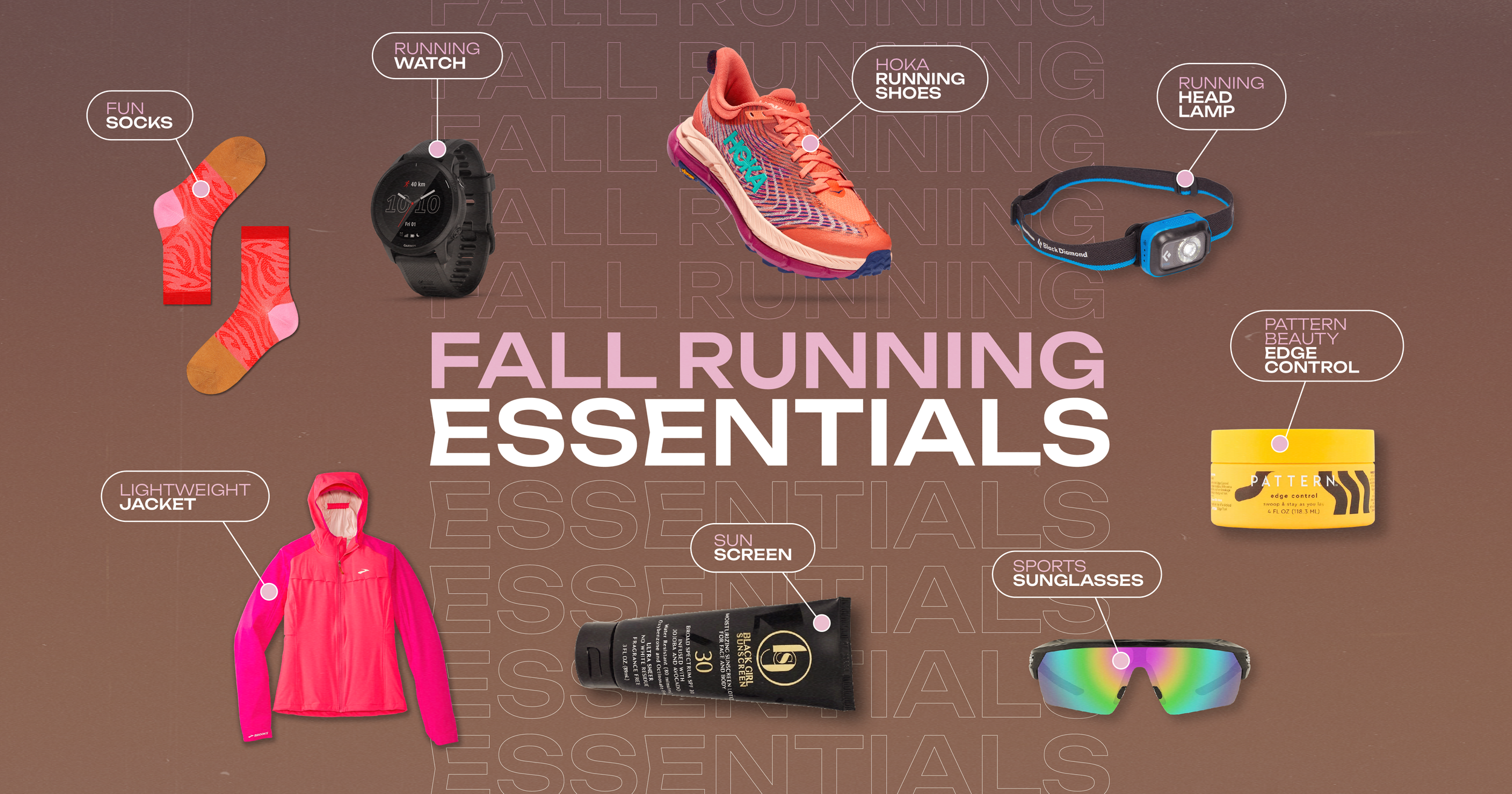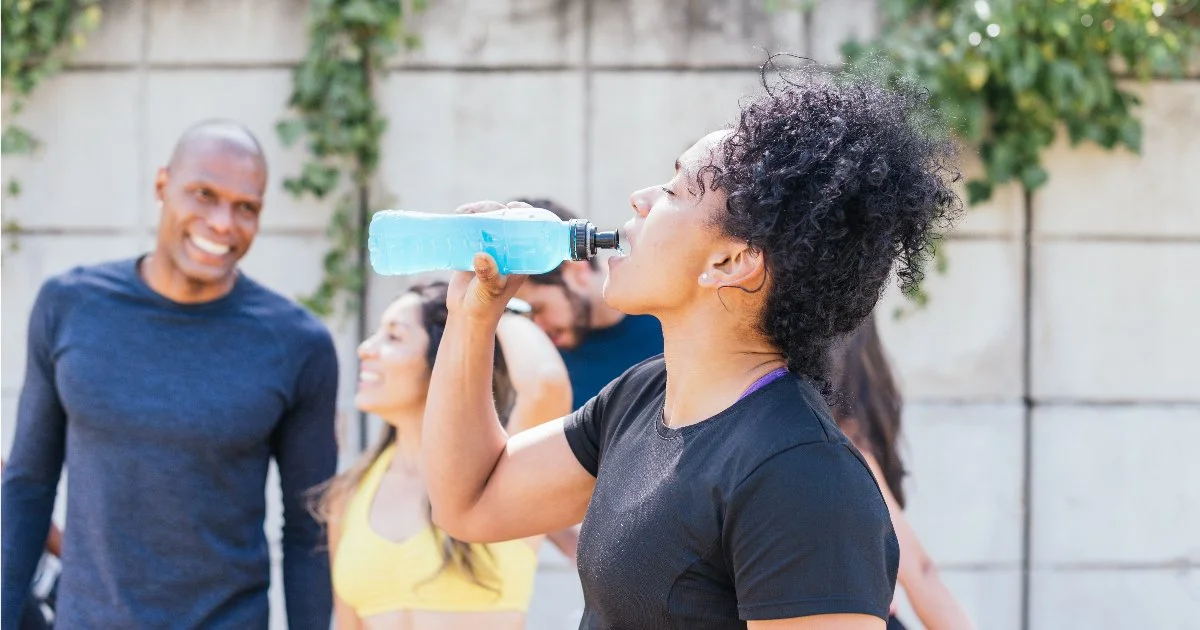This is How You Can Run Faster
By Ashlee Lawson
I’ve been doing this running thing for a while now--about seven years, to be exact.
When I first started running as an adult, I focused on endurance and distance. Once had I upped my mileage and tackled a handful of races, though, I felt confident that I was ready for the big leagues. I wanted to be FAST.
Growing up, I used to beat all of the boys in races on the playground. I even ran track for few weeks in middle school. Naturally, I thought, getting faster as a distance runner wasn’t going to be too hard.
I couldn’t have been more wrong.
What makes a person “fast” is a combination of many factors, each unique to that person’s physical and genetic makeup. Height, weight, strength, agility, age, training, experience, VO2 Max and Lactate Threshold, all of these things play a role in how fast someone can run currently, and how fast they are capable of running with hard work.
Let’s not rush into this, though (pun intended). Here are a few things I learned along the way as I set out to become a faster runner that are important to keep in mind in your journey to speed-racing glory.
Fast is hard work.
If you love leisurely runs that take lots of time, that’s great. There’s nothing like a lovely run on a nice day. That’s not what speed training is about, though. You’ll need to really commit if you want to see improvements.
Have a structured plan.
Plan out your runs and stick to them as you train. Don’t just think about your runs for the next few weeks, write them down and track them for accountability. You’ll be able to see your progression and any areas where you may be struggling. This will also help you make adjustments and stay on course.
Vary your training.
Switch it up sometimes, but not too much. It’s important to master a certain skill or pace before moving on to the next, more difficult thing. So, throw in different distances and running types to switch things up, but stay with a structured plan so you’re not all over the place.
It’s not just about running.
As I mentioned before, many things can contribute to your current speed and how well you progress to getting faster: proper diet, body weight, cross training, rest and recovery. These factors cannot be ignored when looking to improve your speed. Take care to take a holistic approach to your progression and try not to focus just on running alone.
Train with people who are faster than you.
Having someone to help you push your pace is crucial to keeping the pressure on. Often, when we run alone, we may not even notice that our pace falls below normal or when it remains steady without improvement. Grab a friend that’s a little (or a lot) faster and ask them to help you pace above your usual speed.
Be realistic.
You won’t go from a 12-minute mile to a nine-minute mile overnight. Set realistic milestones that you want to accomplish and attach them to specific dates to hold yourself accountable. Eventually, you’ll make it to the larger goal, all while celebrating small wins along the way.
What are your tips for improving your running speed? Share with us in the comments below!
Ashlee Lawson
Co-founder and CEO












